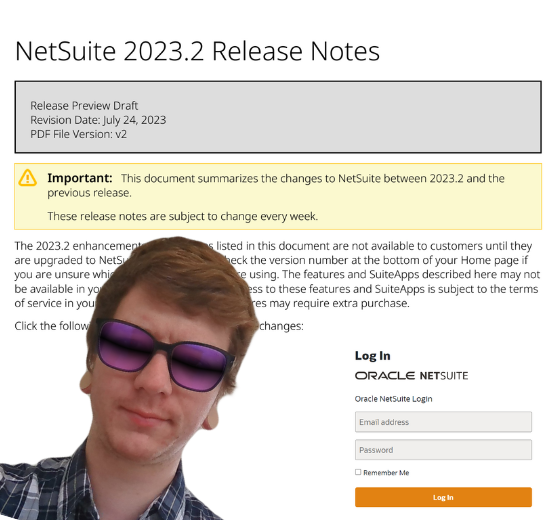Cloud ERP often delivers better performance than on-premise solutions. Cloud software architecture is designed from the ground up for maximum network performance, which can mean better application availability than traditional on-site ERP systems.
Cloud-based ERP also offers optimised performance that can adapt to your needs. If there is a spike in your business, cloud ERP automatically adjusts and dynamically provisions additional resources to handle the surge. For example, NetSuite commits to 99.5% availability for its customers, has 99.98% average uptime performance over the past 12 months, and makes uptime performance information available to all customers at all times.
A local IT department is unlikely to be able to achieve these results, and may not even be able to regularly report their system uptime results to management.
It’s also important to note that a cloud-based ERP solution provides real-time data that can be accessed via the Internet anywhere at any time. That means that staff at your company can see accurate information on laptops, smartphones, and tablet devices while they travel or telecommute—all without extra setup fees or ongoing costs.
Not only can cloud-based ERP provide better performance and greater accessibility, but better security as well. Because it’s their core competency, Cloud ERP providers like NetSuite make securing their systems a top priority by providing strong, industry-standard data security certifications such as compliance with PCI DSS and SAS 70 standards. Moreover, NetSuite follows other rigorous security, disaster recovery, and back-up procedures that would be cost-prohibitive with on-site ERP solutions.
Keep reading

What is a NetSuite implementation partner? How do you choose one?

Technology fit for total customer service in 2024

Retail and wholesale distribution: how to improve supply chains

Ditching Sage 1000: what you need to know from businesses that have done it

6 ways AI-ready Microsoft Dynamics 365 helps chartered associations serve members

6 retail and wholesale distribution challenges and how NetSuite solves them

The most exciting features in Microsoft Dynamics 365 2023 Release Wave 2

How to manage a new NetSuite Release: one expert's update process

What’s in NetSuite Release 2023.2?

